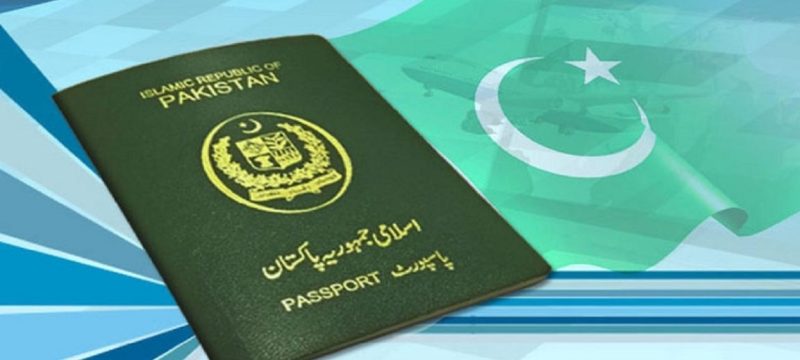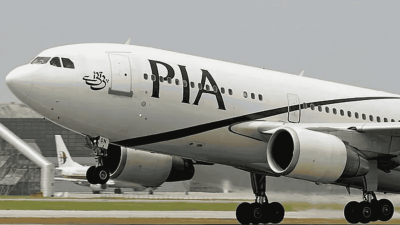ISLAMABAD – The Pakistani Passport has once again fallen in the latest Henley Passport Index, now ranked 103rd globally, tied with Yemen. The updated ranking reflects Pakistan’s continued struggle to improve its international mobility and global standing.
According to the latest data, Pakistani citizens can travel visa-free to only 31 countries, down from 32 last year. This decline places Pakistan dangerously close to countries like Iraq, Syria, and Afghanistan, which hold the weakest passports in the world.
The Pakistani Passport now holds a Mobility Score of 45, offering visa-free access to 9 countries, visa-on-arrival entry to 33 destinations, and Electronic Travel Authorization (eTA) access to 3 countries. However, travelers from Pakistan still require visas for 153 destinations, making international travel more challenging compared to most nations.
In contrast, countries like Singapore, South Korea, and Japan continue to dominate the global rankings with visa-free access to nearly 190 countries. European nations such as Germany, France, and Italy also remain far ahead, offering extensive travel freedom to their citizens.
Interestingly, the United States has also seen a decline in the 2025 index, falling out of the top 10 for the first time. It now ranks 12th, tied with Malaysia, granting visa-free access to 180 destinations. Analysts attribute this drop to rising visa restrictions, increased processing fees, and inward-focused immigration policies.
The Pakistani Passport’s continued slide highlights the growing gap between global mobility leaders and nations struggling with diplomatic and economic challenges. Experts say this trend underscores how politics, security concerns, and international relations increasingly shape travel freedom worldwide.
In other news read more about Gold Surges Above $4,100 to Record High Amid Fed Rate Cut Hopes
As countries strengthen border controls and visa policies tighten, Pakistan’s lower ranking serves as a reminder that global mobility is not just about travel—it’s about a nation’s diplomatic influence on the world stage.









